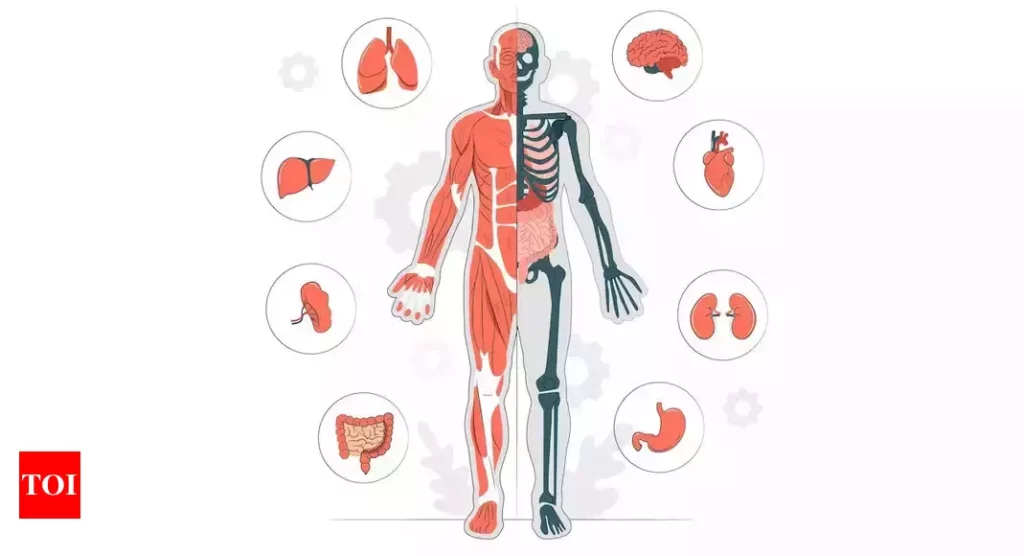Doctorate of Medicine [MD] (Physiology)
About department
description
Doctorate of Medicine (MD) in Physiology.
The Doctorate of Medicine (MD) in Physiology program is an advanced study focusing on the functioning of the human body at the molecular, cellular, and organ system levels. It encompasses various aspects of physiological processes, including neurophysiology, cardiovascular physiology, respiratory physiology, renal physiology, and endocrine physiology. Students gain expertise in understanding the mechanisms underlying normal physiological functions and their dysregulation in disease states, contributing to medical research, teaching, and clinical practice.


Connect with us
Beneficial
Courses under this:
- Neurophysiology’s
- Cardiovascular physiology
- Respiratory physiology
- Renal physiology
- Endocrine physiology
- Gastrointestinal physiology
- Reproductive physiology
- Exercise physiology
- Environmental physiology
- Cellular and molecular physiology
• Course Level: Doctorate (Postgraduate).
• Duration: Typically 3-5 years.
• Mode: Full-time.
• Eligibility Criteria: Bachelor’s degree in medicine (MBBS) or equivalent from a recognized institution. Some programs may require completion of a rotating internship.
• Admission Process: Candidates need to pass a competitive entrance examination specific to the institution offering the MD program. Admission may also be based on academic performance in the bachelor’s degree, a personal interview, and other criteria set by the institution.
• Areas of Employment: Academic institutions, research institutions, pharmaceutical companies, biotechnology firms, healthcare organizations. Graduates can work as physiologists, researchers, educators, consultants, or pursue further specialization through fellowships.



